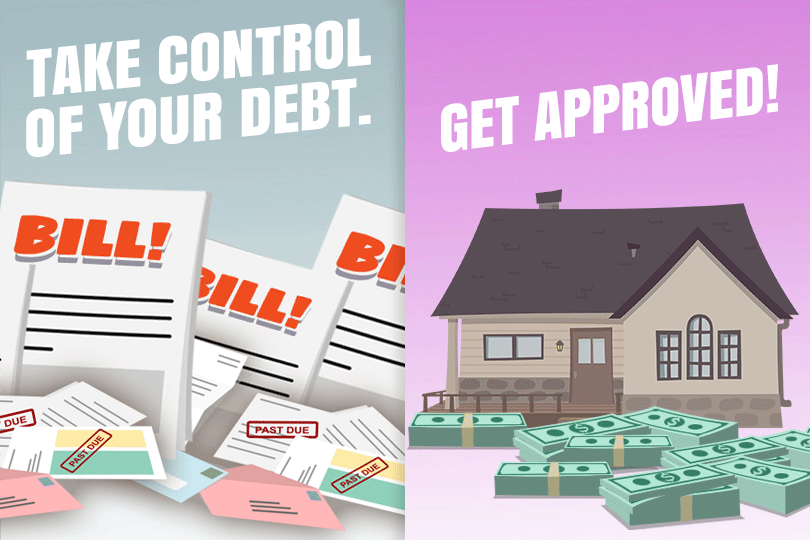Questions and Answers on Buying a Home with an FHA Mortgage
May 13, 2025
Can you use an FHA-insured mortgage to purchase a property you intend to rent out to others for income, rather than living in it yourself?
Generally, no. A fundamental requirement for an FHA mortgage is that the property must serve as your primary residence. Using it strictly as an investment property or a second home typically makes it ineligible for this type of financing.
What types of properties designed for short-term stays, like bed-and-breakfasts or properties frequently used for transient occupancy, are usually not eligible for an FHA loan?
Houses intended for transient occupancy, where brief stays are similar to a hotel or bed-and-breakfast setup, are generally not eligible. For example, you typically can't finance an Airbnb operation with an FHA mortgage. The FHA program is focused on stable, residential occupancy.
Can you still purchase a home with a standard FHA mortgage if it has significant problems, such as major structural damage or health hazards, or requires extensive repairs to be safe and livable?
A standard FHA mortgage requires the property to meet minimum safety, security, and structural soundness standards. If a property has significant issues that prevent it from meeting these standards without extensive work, it typically cannot be purchased with a standard FHA loan. However, a different FHA program, the 203(k) rehabilitation loan, is specifically designed for properties needing repairs.
Are all manufactured homes eligible for FHA financing regardless of when they were built?
No, the age of a manufactured home is a factor. Manufactured homes built before June 15, 1976, are generally not eligible for FHA-insured mortgages. Newer manufactured homes must meet specific requirements to qualify.
Can the location of a property, such as being in a flood zone or near certain potential environmental hazards, affect its eligibility for an FHA mortgage?
Yes, location can impact eligibility. Properties in certain designated environmental hazard areas or those situated too close to specific potential risks, like pipelines or high-voltage lines, may be deemed ineligible if the hazards cannot be addressed or if necessary insurance is not available. Also, condominiums must be part of an FHA-approved complex.
Would a property with an untreated environmental issue, like significant mold growth or lead-based paint in poor condition, likely qualify for an FHA loan without the issues being addressed?
No, properties with unmitigated health and safety hazards, including significant mold or chipping and peeling lead-based paint, typically will not qualify for an FHA loan until these conditions are corrected to meet FHA minimum property standards.
Is a condominium unit automatically eligible for FHA financing because it's a residential property?
Not necessarily. Individual condominium units are eligible for FHA-insured mortgages if the entire project is on the FHA's approved list, can be added to the list, or qualifies for an exemption.
If the project is not approved, or has certain characteristics like being a condo-hotel or having restrictive covenants that don't meet FHA guidelines, units within it may not qualify for FHA financing.
If a property relies on a water source like a spring, lake, river, or certain types of wells (sand-point or artesian), is it automatically eligible for an FHA mortgage?
Properties with these types of water sources can face eligibility issues. They may not be approved unless they meet specific FHA requirements, often including testing and verifying a safe and reliable water supply that meets local health authority standards.
Can you use an FHA loan to purchase a property where a significant portion of the square footage is used for a commercial business, even if a residential unit is included?
While some mixed-use properties might be considered, an FHA loan is primarily for residential use. If the non-residential portion of a mixed-use property is too dominant, it may not meet FHA guidelines.

FHA Loan Articles
January 30, 2025FHA residential refinance loans, insured by the Federal Housing Administration, allow homeowners to refinance their existing mortgages. They potentially have more flexible qualification requirements than conventional loans. FHA refi loans can lower monthly payments, shorten the loan term, consolidate debt, or even access cash for home improvements or other needs. Understanding the eligibility criteria and different refinance options is crucial for homeowners considering this option.
January 29, 2025Are you about to graduate from college and are already thinking of what your dream home might look like? Understanding the intricacies of the mortgage is an essential step in your journey toward home ownership. Two key terms you'll encounter early on are "FICO score" and "credit history." How do these two things affect your ability to buy a home?
January 28, 2025Are you dreaming of transforming a diamond-in-the-rough house into your ideal home? Fixer-uppers offer a unique opportunity to personalize your living space and potentially build equity at a price lower than some occupant-ready homes.
January 27, 2025When buying or selling a home, two critical processes are often confused: the appraisal and the inspection. Though both involve a thorough examination of the property, they serve distinct purposes and provide different types of information vital to a successful FHA loan transaction.
January 22, 2025Consider this scenario: you've been in your home for five years or more and you've likely built up a significant amount of equity, and now you might be wondering how to put that equity to work for you. Whether you're dreaming of a major renovation, need to consolidate debt, or want to help a child with college tuition, you have options. Two choices are an FHA cash-out refinance and a home equity line of credit (HELOC).







